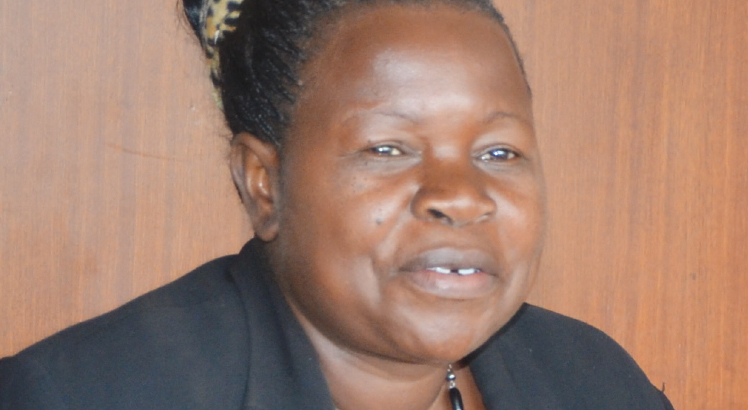The Anti-Corruption Bureau (ACB) has disclosed that it failed to pursue investigations of 18 of the 35 case files relating to last year’s alleged corruption in the sale of subsidised farm inputs due to time lapse.
The bureau opened the 35 files on some officers who, among others, were allegedly demanding farmers to pay them between K3 000 and K10 000 to process their Affordable Inputs Programme (AIP) materials.
In an e-mailed response, ACB spokesperson Egrita Ndala explained that the cases were reported late to the graft-busting body, which meant some witnesses and evidence could not be available and as such pursuing the cases would have been a waste of resources.
She also disclosed that the bureau investigated 14 cases but due to lack of evidence it closed them. However, it referred three other cases to the Corruption Prevention Section for its action.
Ndala: Cases came too late
Said Ndala: “The challenge with AIP cases is that they require speedy handling as witnesses become difficult to locate once they access the inputs or the period ends. This is the challenge that rocked the AIP investigations during the last financial year.”
But she promised that this year’s AIP activities would be different and more comprehensive as they will involve all sections of the bureau, adding that the Ministry of Agriculture has been engaged on the issue.
Among others, Ndala said the graft-busting body intends to get involved in the programme from verification of the beneficiaries’ list to intensive awareness of evils of corruption in AIP.
She said ACB is also developing strategies aimed at expediting investigations and prosecution of corruption cases.
Said Ndala: “It is our hope that for the areas where the bureau will work this year, there will be 100 percent redemption of the subsidy by the intended beneficiaries.”
Besides allegations of extortion, the AIP, now in its third year, has been riddled with multiple problems during the last two years of implementation.
Centre for Social Accountability and Transparency (Csat) last year conducted a field tour to check on some of the reasons ACB gave for failing to investigate alleged cases.
In an interview on Thursday, Csat executive director Willy Kambwandira observed that the reasons make sense as cases need rapid response.
He also observed that councils, who are allocated millions to monitor the AIP implementation, do not do enough, saying this is a huge loss of taxpayer’s money.
Said Kambwandira: “It is very important to integrate accountability in AIP programming; and there is need for rapid response if we are to indeed successfully deal with irregularities involving AIP. For instance, if there is a tip that someone is buying IDs, law enforcers need to move with speed and arrest such a suspect.”
To curb corruption in AIP implementation, ACB released a report titled Monitoring of the 2020/21 Affordable Inputs Programme, in which it recommended removing incompetent suppliers and opening of more selling points.
In the report, the bureau also suggested that the ministry, in collaboration with the Public Procurement and Disposal of Assets Authority and ACB, should vet suppliers to ensure that only those with capacity are awarded contracts.
In an earlier interview, Ministry of Agriculture spokesperson Gracian Lungu admitted that the ministry failed to meet some of the recommendations because of technical challenges.
He said: “ACB recommended that AIP fertiliser bags be labelled AIP but this was not done [because] not all fertilisers which are sold on the market belong to government, so labelling the bags AIP was not possible.’’
President Lazarus Chakwera launched last year’s AIP on October 16 2021 and it was expected to benefit 3.7 million smallholder farming households with an allocation of K140.2 billion.
The post 32 AIP corruption cases fall off appeared first on The Nation Online.
 Moni Malawi
Moni Malawi 

